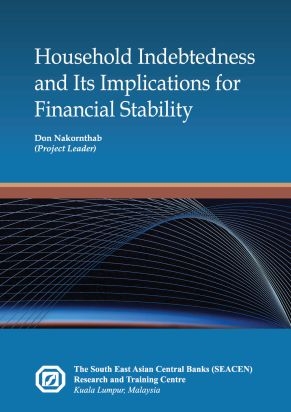During the past few years many SEACEN countries have experienced rapid increases in household debt/household credit both in absolute terms and relative to the size of the economy and household income. In many cases these developments reflect the SEACEN countries financial sector deepening and are positive for economic activities and welfare. However the rise in household debt also comes with a downside. Excessive household indebtedness makes households vulnerable to shocks which may lead to financial instability as vividly illustrated by the recent global financial crisis. Against this backdrop the main aim of this study is to garner a better understanding of the evolution of household debt and its potential consequences on financial stability in SEACEN countries. Among the specific issues investigated in the integrative report and the five country papers representing a spectrum of SEACEN countries (Cambodia Malaysia the Philippines Taiwan and Thailand) are developments of household indebtedness in the SEACEN region including assessments from the demand-side and the supply perspectives factors behind these developments assessments of risks posed by household debt to financial stability and policy implications for central banks/monetary authorities.
-
About Us
-
Events
-
Publications
-
About The SEACEN Centre
-
The Centre's Governance
-
Courses

